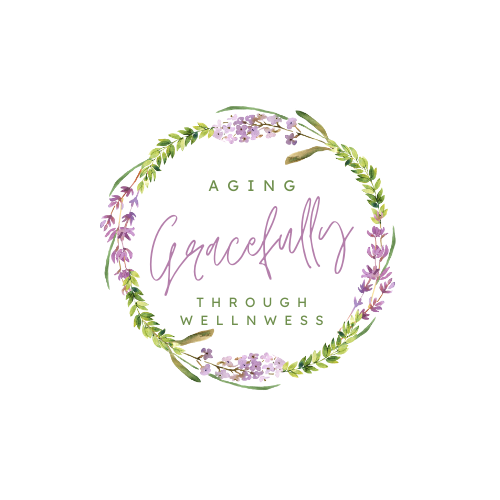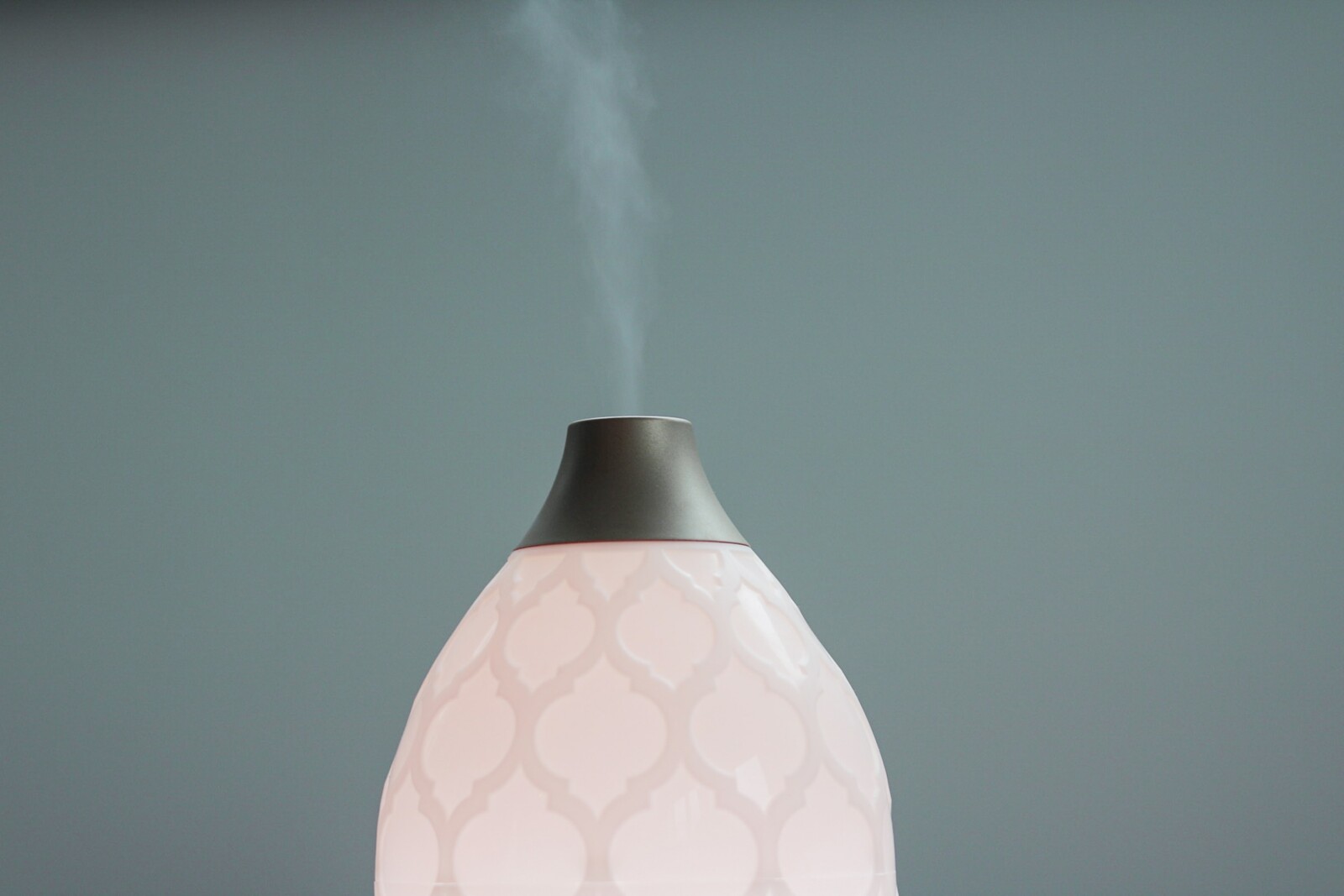Essential oils are concentrated, volatile, aromatic compounds extracted from various parts of plants, such as leaves, flowers, stems, roots, and bark. These oils have been used for thousands of years across numerous cultures for their therapeutic properties, and today, they continue to captivate people due to their versatility, potency, and natural origins.
At their core, essential oils are the essence of plants, capturing their scent and flavor in a potent form. The process of extracting these oils typically involves steam distillation or cold pressing, which preserves the complex chemical composition and integrity of the oil. Each essential oil boasts a unique combination of chemical constituents that define its fragrance and determine its benefits.
The term "essential oil" can be somewhat misleading, as these oils aren't "oily" in the way we think of substances like olive or coconut oil. Instead, they are lipid-soluble compounds that are lightweight and evaporate quickly when exposed to air.
Essential oils are renowned for their diverse and widespread applications. They play a pivotal role in aromatherapy, a holistic healing practice that harnesses the aromas from these oils to support emotional, psychological, and physical well-being. When you inhale essential oils, they stimulate the olfactory system and the brain's limbic system, which can influence emotions, behaviors, and memories. This interaction is why some scents can uplift your mood, instill a sense of calm, or energize you.
Moreover, essential oils are celebrated for their topical uses. When diluted with a carrier oil, such as jojoba or sweet almond oil, they can be applied to the skin to address specific issues or imbue the user with a fragrant aura. Some essential oils are reputed for their skin-supporting benefits, like lavender, known for its calming properties, or tea tree oil, appreciated for its purifying effects.
In addition to individual uses, many people blend different essential oils to create synergistic combinations that amplify their properties. This blending requires an understanding of each oil’s characteristics to effectively balance and enhance their effects.
Understanding the chemistry of essential oils is critical to appreciating their benefits. They consist of several key types of compounds:
1. **Terpenes:** These hydrocarbons are a major component of essential oils, contributing significantly to their smell and therapeutic properties. They are known for their refreshing and invigorating properties.
2. **Esters:** Typically found in relaxing oils like lavender, esters are calming compounds that can aid in stress relief.
3. **Aldehydes:** Present in oils such as lemongrass, aldehydes are known for their soothing characteristics and pleasing aromas.
4. **Ketones:** Found in oils like rosemary, ketones may support respiratory health.
5. **Phenols:** Known for their stimulating qualities, phenols can be found in energizing oils such as thyme or clove.
While essential oils are natural, they are potent and should be used with care and respect. Proper dilution, understanding of their interactions, and awareness of individual sensitivities or allergies are paramount. It’s also critical to use high-quality oils, like those from Young Living, to ensure purity and efficacy.
The quality and therapeutic value of an essential oil can vary based on several factors, including the plant's geographic origin, growing conditions, harvest timing, and extraction processes. This is why selecting a reputable source for your essential oils is crucial, as this can significantly affect your experience and the oils' benefits.
In today's world, essential oils are not only used in personal health care but also have found their place in household cleaning, natural beauty products, and even culinary applications. Their ability to replace synthetic chemicals in various contexts makes them an appealing alternative for those looking to reduce their exposure to artificial substances.
Essential oils have captivated enthusiasts not only for their potent natural benefits but also for their ability to connect us to the plant kingdom’s power and wisdom. By incorporating them into our daily routines, we can harness nature’s gifts to support holistic well-being.
As you explore the world of essential oils, it’s essential to be educated and mindful about their uses and benefits. If you’re new to these oils or looking to expand your knowledge, consider reaching out to a certified aromatherapist or trusted source for guidance, ensuring you can safely and effectively integrate essential oils into your life. Embrace the natural world around you with these powerful plant allies, transforming your health and home with their vibrant, aromatic presence.
For those interested in learning more about incorporating essential oils into their lifestyle, feel free to reach out to me or comment below, and I would be thrilled to guide you through your aromatic journey. Whether it’s dealing with day-to-day stress, enhancing your yoga practice, or simply enjoying a more natural lifestyle, the world of essential oils opens up endless possibilities.






0 Comments